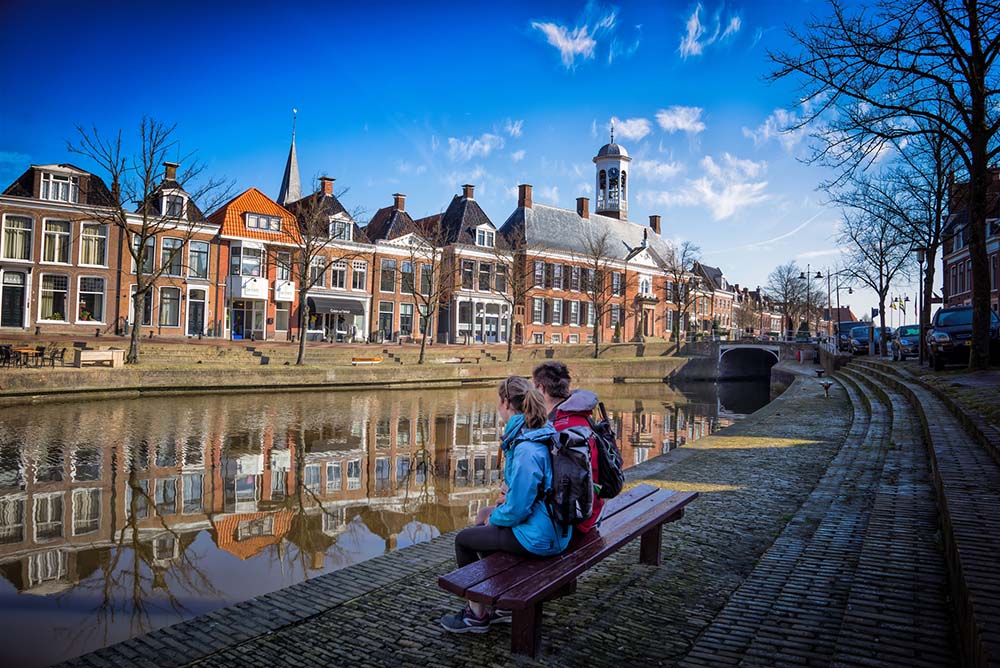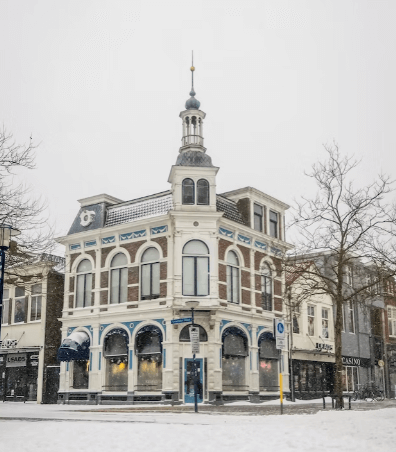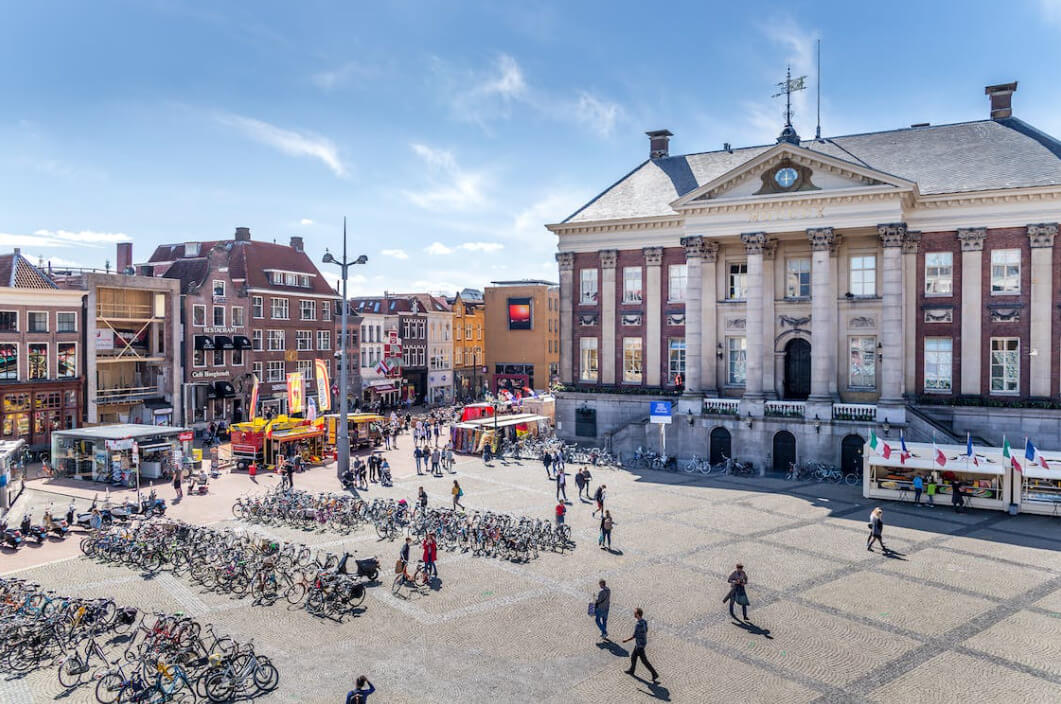PhD position in Classics (1.0 FTE)

Fully funded PhD position in Classics at the Faculty of Arts, University of Groningen (start date: 1 October 2025) in the project “Ancient Commentary across Genres”.
The PhD Project
Commentaries are a characteristic component of the landscape of knowledge in Greco-Roman Antiquity. Considerable progress has been made in the last few decades in opening up and interpreting individual commentaries and commentary traditions. Much light has been shed on the use of exegesis to advance specific medical, philosophical, literary, biblical, didactic etc. agendas in specific commentaries and genres of commentary. This project will attempt an analysis of ancient commentary-writing across genres. Its purpose is to contribute to a synoptic view of ancient commentary-writing, one that allows generalizations beyond specific commentary traditions. While such a synoptic view is not within the scope of any one individual research project, this doctoral project will make a contribution through a case-study based analysis of key themes and questions, as detailed below.
Case studies can be selected from a wide range of texts, including commentaries on philosophical, literary, grammatical, rhetorical, religious and medical commentaries, written in Greek and Latin.
In view of the expertise of the intended supervisors, a preference will be given to projects whose scope includes (but is not necessarily limited to) commentaries with a philosophical outlook, and commentaries in Latin. Projects could take the shape of a comparison between texts from distinct genres as well as a study of aspects from different genres that are present within a single commentary tradition.
We welcome proposals that address issues such as (but not limited to):
- terminology across genres, i.e. the question of whether vocabulary relating to interpretation is universal or genre-specific, and a study of the relevant factors involved.
- principles of interpretation and truth across genres, e.g. the role of preliminary questions in establishing the meaning of texts; or the question of the co-validity of multiple interpretations.
- the standards and types of argumentation accepted or expected in different kinds of commentary, e.g. the role of appeals to authority in different commentary genres.
- the ‘rhetoric of persuasion’ across genres, i.e. the question of how various commentaries attempt to convince their readers of the validity of their interpretations.
- the relationship between commentaries and their ‘object texts’, and the notions of ‘primariness’ and ‘secondariness’ implied by them.
- ‘influence’ across genres, i.e. the question of whether principles in one commentary tradition influence those of another.
- the intended readership of commentaries across genres, e.g. the question of the different kinds of prior knowledge required of readers of various kinds of commentaries.
- the functions of various kinds of commentaries in their (scholastic, ecclesiastic, etc.) cultural contexts.
The selected candidate will be able to design their own project around one or more of these questions, and may choose to focus on particular approaches, authors, or themes, depending on their disciplinary background, interests and research experience.
A more elaborate description of the project framework is available upon request (see contact details below).
The successful candidate will work under the joint supervision of Dr Bram van der Velden (Latin) and Dr Albert Joosse (Ancient Philosophy), with Prof Felix Budelmann as promotor.
You will be asked to:
- Complete the PhD in the specified timeframe (4 years)
- Conduct a total of 0.4 FTE teaching spread over the second, third and fourth year of your appointment
- Participate in and present research at conferences, including participation in activities of CRASIS (the Groningen interfaculty research institute dedicated to study of the ancient world) and OIKOS (the national research school in Classical studies)
- Move to Groningen or its environs
Organisation
Since its foundation in 1614, the University of Groningen has established an international reputation as a dynamic and innovative university offering high-quality teaching and research. Its 27,000 students are encouraged to develop their own individual talents through challenging study- and career paths. The University of Groningen is an international centre of knowledge: It belongs to the best research universities in Europe and is allied with prestigious partner universities and networks worldwide.
The Faculty of Arts is a large, dynamic faculty in the heart of the city of Groningen. It has more than 5000 students and 700 staff members, who are working at the frontiers of knowledge every day. The Faculty offers a wide range of degree programmes: 15 Bachelor's programmes and over 35 Master's specialisations. Our research, which is internationally widely acclaimed, covers Archaeology, Cultural Studies, History, International Relations, Language and Literary Studies, Linguistics and Media and Journalism Studies.






